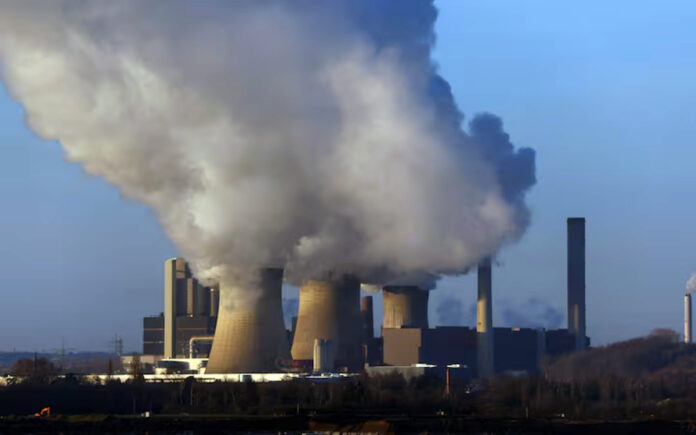Frankfurt: Germany’s hard coal power plants continue to serve as a vital backup, ensuring electricity supply during periods when intermittent renewable energy sources like wind and solar are unavailable, the coal importers’ association VDKi said in a statement on Thursday. The organization is calling for better remuneration to reflect the ongoing role of coal plants in the country’s energy grid.
The request comes at a time of regulatory uncertainty, as the country heads toward national elections on February 23, following the collapse of the coalition government three months ago. At the same time, Germany has faced spikes in wholesale power prices, which have strained both industrial consumption and household budgets.
“Modern hard coal plants are an important backbone of German power grids,” said Alexander Bethe, chairman of VDKi, ahead of a reception on Friday. He emphasized the need for a “capacity market” where various energy technologies, including coal and gas, can compete for fixed remuneration in order to ensure a reliable power supply.
Germany has experienced several bouts of “dunkelflaute”, a term referring to prolonged periods of calm, overcast weather that limits the output of wind and solar power plants. In early November and mid-December, these conditions contributed to significant gaps in renewable energy production, further highlighting the need for reliable backup sources like coal.
Following Germany’s phase-out of nuclear power in 2022, the country had planned to ramp up construction of gas-fired power plants as part of a cleaner energy mix. However, the government’s collapse has delayed this building program and reopened the debate over energy security.
Also Read | South Korea’s Security Chief Condemns Arrest Effort Against President Yoon, Calls for Safety
Bethe stressed that a competitive, centralized capacity market—modeled on successful schemes in other European nations—would provide incentives to operators of both coal and gas plants. He also argued that coal should not be demonized and advocated for carbon capture and storage (CCS) options to be available to coal operators, not just those running gas plants.
Also Read | 2024 Sets Record as First Year with Global Temperatures Above 1.5°C
According to the industry group BDEW, Germany still has 16 gigawatts (GW) of hard coal capacity, which accounted for 5.4% of the country’s electricity generation in 2024.



